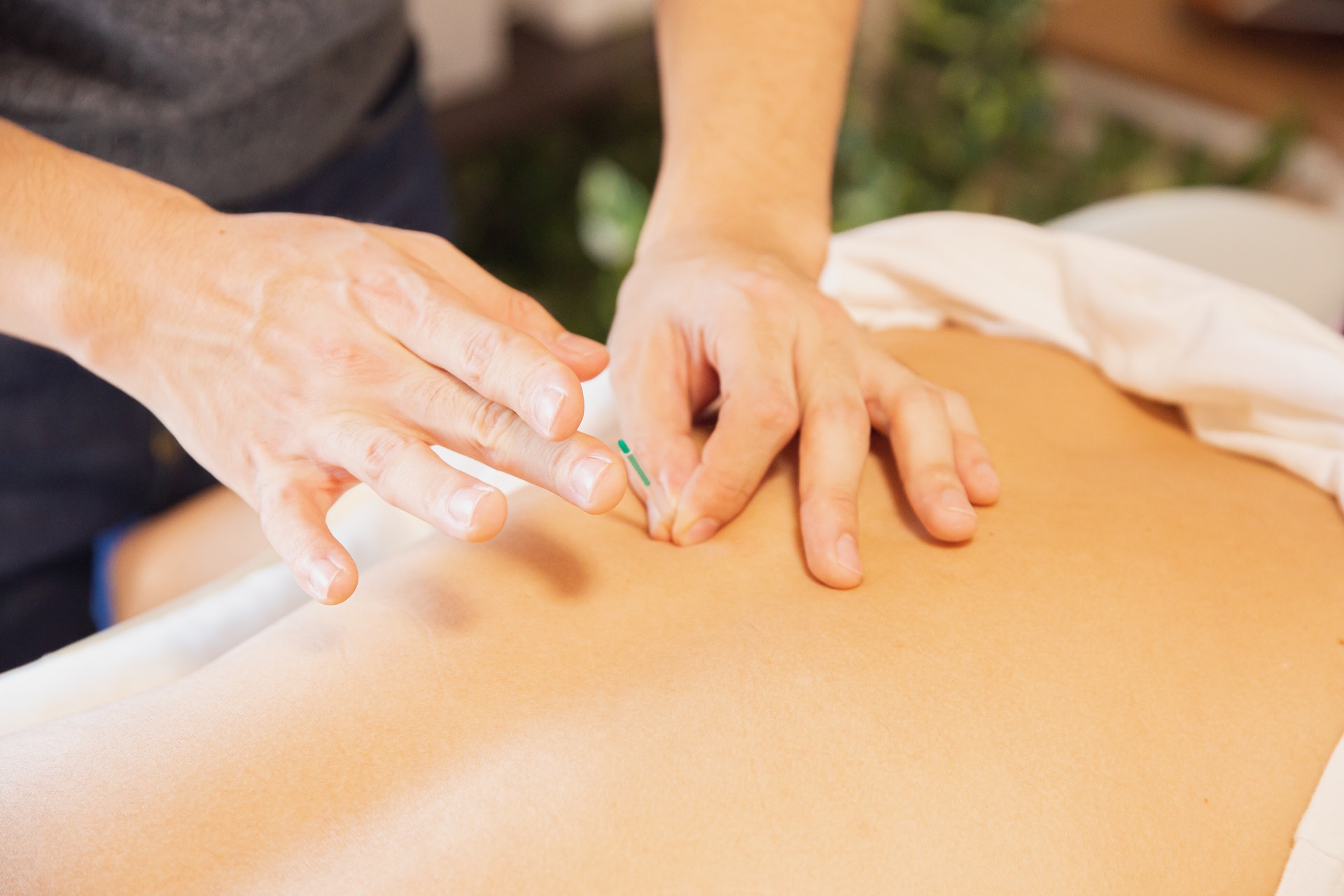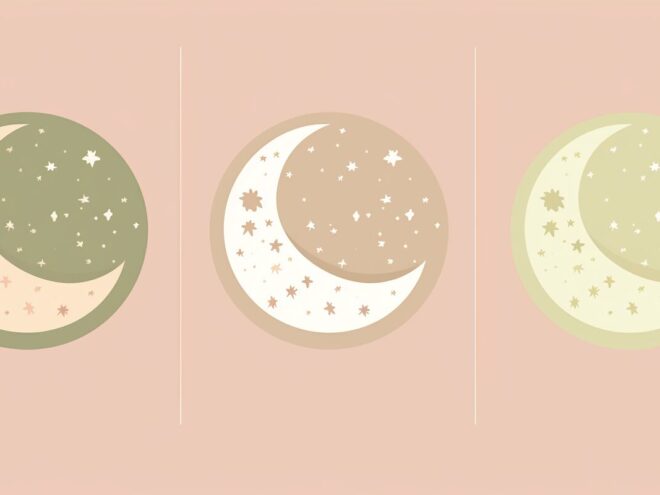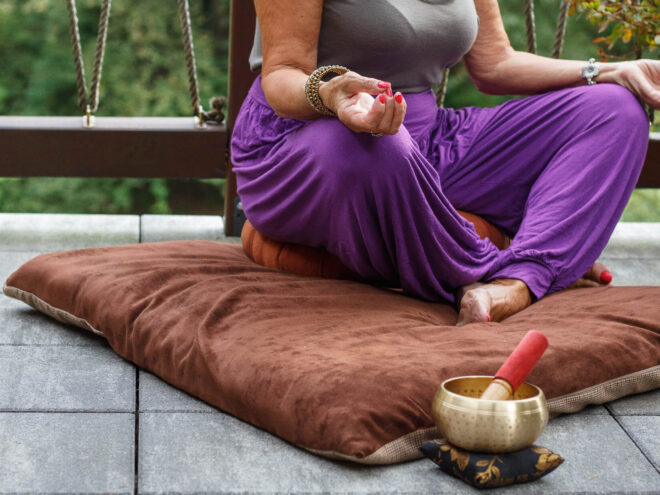Spirituality • 06/06/2022
How Does Acupuncture Work to Relieve Pain? Everything You Need to Know

Revivalist is a reader-supported endeavor and our posts may contain affiliate links. When you buy through links on our site, we may earn an affiliate commission.
Most people have heard about acupuncture from TV shows or movies. The characters might go to a spa and have needles stuck in their face for comedic effect, but it’s an authentic practice that helps people live more comfortable lives. How does acupuncture work to relieve pain? This guide explains everything you should know about the historical treatment and why it may or may not be suitable for you.
What Is Acupuncture?
Acupuncture is about more than tiny needles in your skin. Historians found that it originated in a Chinese medical textbook known as the Huang-Di Nei-Ding. Emperor Huang-Di likely wrote it around 2600 B.C. and detailed the use of acupuncture for treating diseases resulting from an imbalance in a person’s yin and yang.
Today, science shows that acupuncture is a helpful method of pain treatment that doesn’t involve medication. Many people who prefer not to take additional prescriptions can use it to relieve pain along with taking hot baths to relax any muscle tension. It depends on what their doctor recommends based on their health history and ongoing treatments.
How Does Acupuncture Work?
What do needles have to do with pain relief? It depends on where an acupuncturist applies them. The Meridian chart identifies 361 Qi points over the body, which rely on 14 meridian channels. A professional will insert a needle into the first layer of your skin without breaking through so deeply that you begin to bleed. Where they place each needle depends on your condition and specifically experienced pain.
Even though acupuncture patients don’t get injured, the idea of getting pricked with needles can put people on edge. If that anxiety keeps you from trying this treatment to relieve your pain, it may help to apply lavender oil to your skin before leaving home. The oil naturally settles your mind by easing your central nervous system into a calmer state, which is why many people use it to help them fall asleep. It could help you get through and enjoy your first appointment.
How Does Acupuncture Work to Relieve Pain?
It may seem odd that getting poked with needles makes people feel more comfortable. Although science can’t prove the existence of Qi spots and meridian channels because they point out areas of spiritual energy, research can prove that acupuncture does relieve pain.
Researchers found that the needles decrease capillary refill time (CRT) for people who regularly receive acupuncture. Each needle stimulated blood flow to the pinpointed location, which reduces pain by easing tension and promoting oxygen flow to muscle groups.
Some acupuncture specialists may also surround their patients with crystals to relieve their anxiety symptoms before and after an appointment. The improvement in their mental wellness makes it easier for clients to feel the relief provided by their acupuncture treatment.
Which Health Conditions Benefit From Acupuncture?
Numerous health conditions can benefit from acupuncture. If you’re unsure how it could interact with your health, talk about it with your doctor. They’ll know your case personally and may recommend a specialist in the area.
People with these common health conditions often seek acupuncture treatment in addition to their daily pain relief methods:
- Neck pain
- Low back pain
- Knee pain
- Osteoarthritis
- Headaches
- Cancer
When you meet with your acupuncture practitioner, specify exactly where you experience your most frequent pain. They’ll identify the best Qi positions and needle sizes for your appointment. Without accurate information, your specialist may not be able to provide the relief you need.
What Should You Expect?
Everyone has a slightly different experience during their first acupuncture appointment, but you can expect a few common things. After lying down on the table in the position explained by your acupuncture specialist, you may feel a brief stinging sensation as they insert the first needle. Other people feel slight pressure or tingling.
As the needle remains in your skin, the stinging or tingling will subside. The blood flowing to that point in reaction to the needle should gradually relieve your pain during the length of your appointment. It’s painless to have the needles removed and you should not bleed from any punctured point afterward.
People with severe pain may schedule acupuncture treatments once or twice a week for six months or longer. When the improved blood flow becomes routine, your pain should be minor, if it remains at all.
Consult With Your Doctor
People often wonder how acupuncture works to relieve pain. The idea of putting needles into your skin may sound intimidating, but it could make your daily life more comfortable. Meet with your doctor to see if they recommend acupuncture along with your current pain treatments. It could become the next best way to find more peace within your body.
Subscribe to Our Weekly Newsletter
We would love to connect deeper with you!


